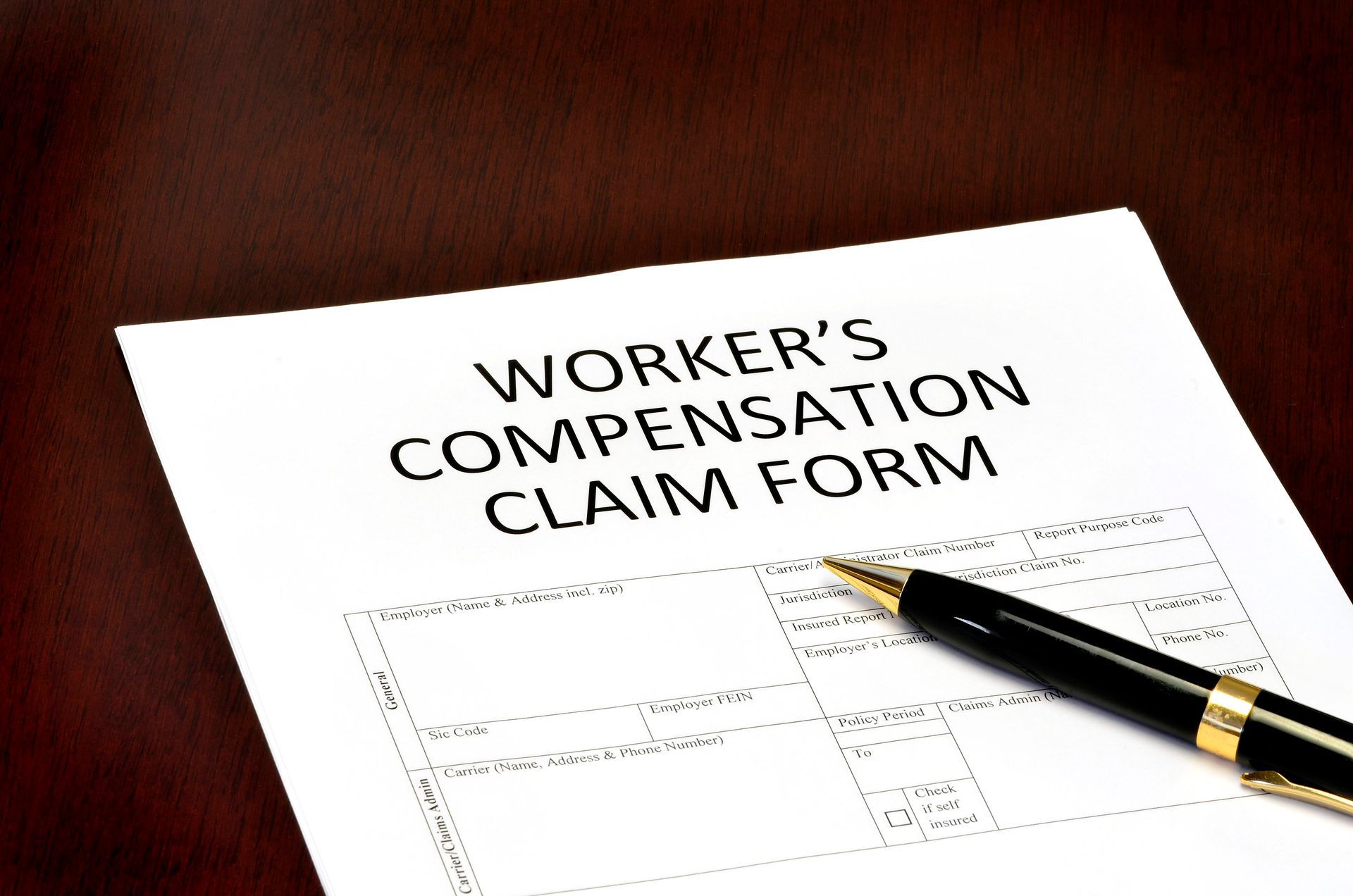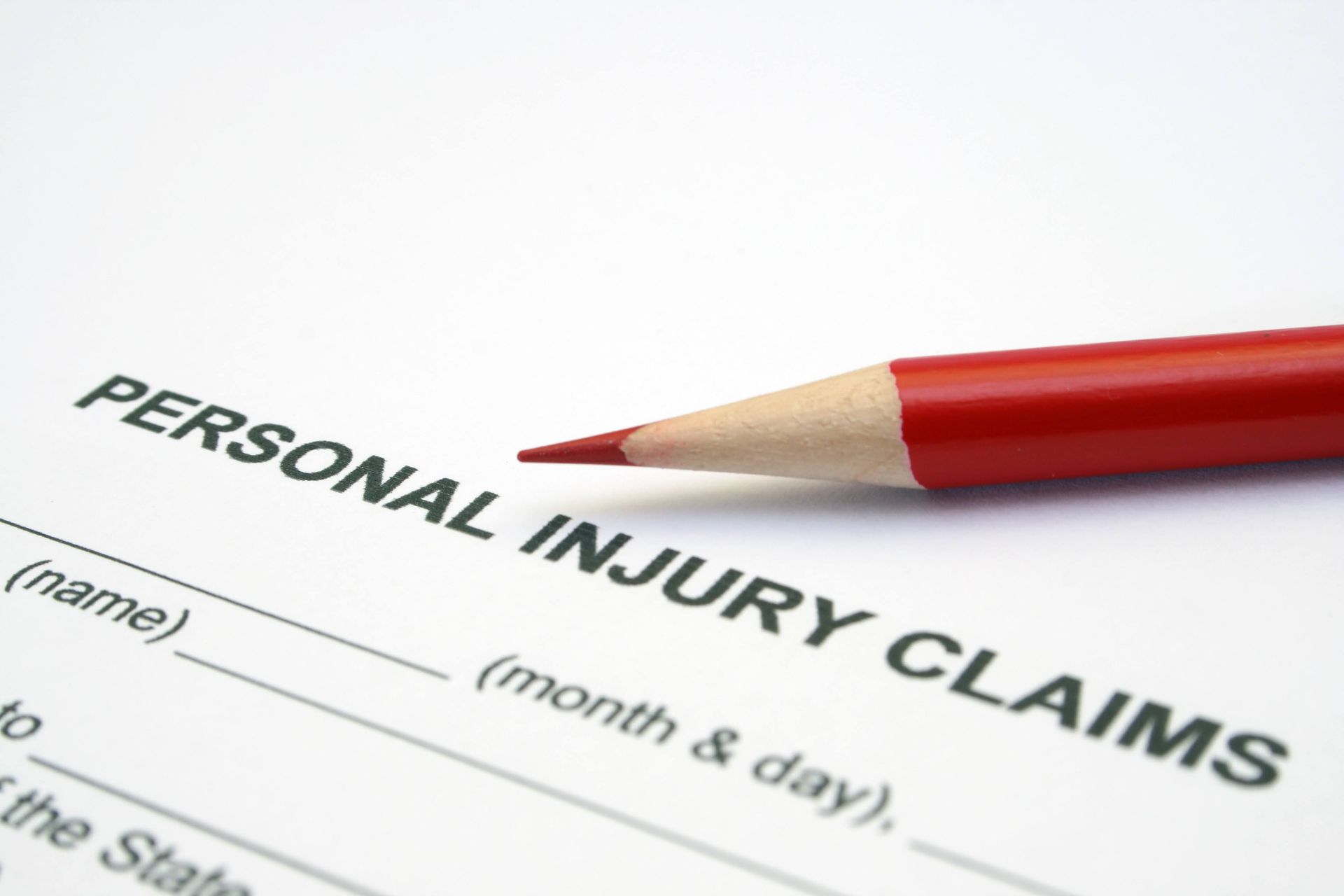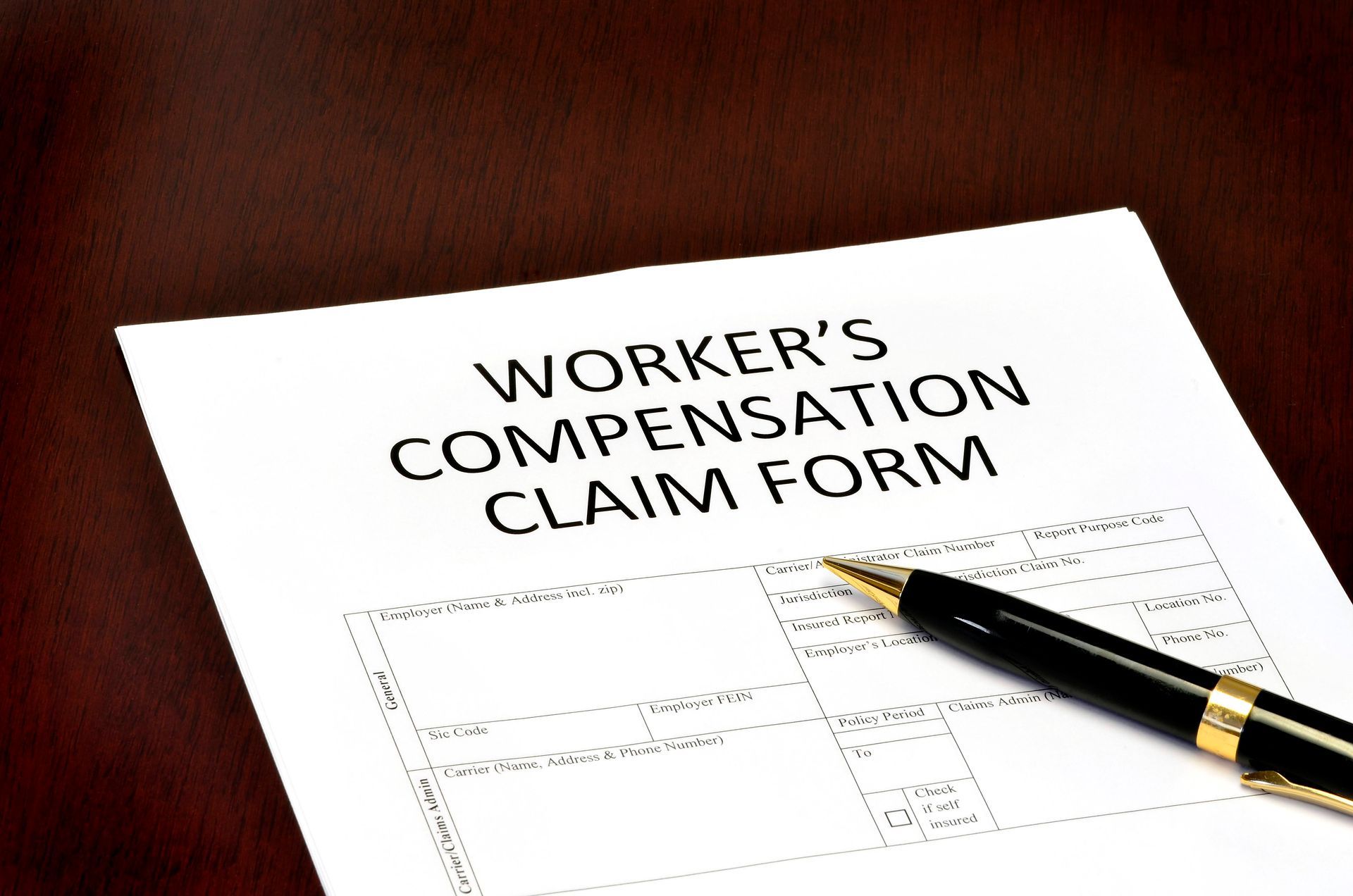CALL US TODAY!
(Main Office) 440 Waverly Avenue, Suite 7 Patchogue, NY 11772
(by appointment only) 524 East Main Street, Suite 202, Riverhead, NY 11901
(by appointment only)
300 Broadhollow Road, Suite 100 W, Melville, NY 11747
5 Common Reasons Workers' Compensation Claims Are Denied

Workers’ compensation is a key safety net for American workers. It's designed to help ensure that employers provide a safe work environment and that employees get the medical treatment they need after a workplace incident regardless of their own financial position.
However, some workers’ compensation claims are denied by insurers based on their own criteria or information the employer provides. Why might your claim be denied? And is that the end of the matter for your case? Here are five of the most common reasons for denials and what they really mean for you.
1. You Weren't On the Job
It makes sense that a workers’ compensation claim must be filed for a work-related incident.
For many workers, being 'on the job' is obvious because they have clocked in or are otherwise clearly working on the site. But others may run errands for the company, meet with clients after hours, travel for work, or even do company activities during their commute. In these situations, you may need to prove that your time should still be covered by workers’ comp.
2. You Missed the Deadline
Each state sets the ground rules under which workers’ comp operates. This includes a variety of deadlines. For example, New York employees generally must report an incident to their employer within 30 days and start a claim within two years.
But what if injuries were hidden or you didn't realize that you were exposed to something harmful until much later? In these cases, you may need to fight for an exception to these deadlines. Further, throughout the claims process, you will encounter other deadlines to turn in paperwork and complete the required steps. Failure to understand them can delay or terminate your case.
3. You Were Under the Influence
Had you gone out for a drink at lunch before your accident? Do you take prescription medication that may alter your state of mind? Have you been accused of doing so when you in fact did not do those things? Being under the influence of alcohol or drugs is one of the most common caveats for workers’ comp coverage, so your insurer may try to use it to deny your claim. They may even use your refusal to be tested against you.
4. You Didn't Seek Treatment
There are legitimate reasons why a worker may not seek medical treatment immediately. Perhaps they thought that the injury wasn't bad. Maybe they didn't recognize the injury at first. Or they may not trust doctors. It's also not uncommon that a worker is required to meet with an employer-approved doctor, and they may not feel they will receive the best care from the approved doctor.
The insurer, of course, will assess your medical situation with a view to keeping costs down. So if they feel that you are not following recommendations, have missed follow-up visits, or do anything to go against medical advice, they may accuse you of not seeking proper treatment or participating in your own medical recovery.
5. You Weren't Injured at Work
Finally, the insurer is motivated to argue that your injury isn't the result of something that happened at work. This is an uphill struggle for many workers who have chronic conditions like stress-related claims, repetitive stress injuries, or illnesses related to chemicals and other exposure. Linking some of these conditions specifically with your work—as opposed to your home, school, or social environment—can be difficult.
If you have been or fear you may be denied your right to workers’ compensation coverage, the most important thing you can do is get qualified legal counsel. Gilbert, Blaszcyk & Milburn LLP can help. We assist New York employees in protecting their rights and getting the compensation they both need and deserve. Call us today to make an appointment or find answers to your workers’ comp questions.
Phone: 631-447-6500 | Email: office@gbmcomplaw.com | Address: Patchogue (Main Office) 440 Waverly Avenue, Suite 7 Patchogue, NY 11772
Business Hours: 9:00 am – 5:00 pm









